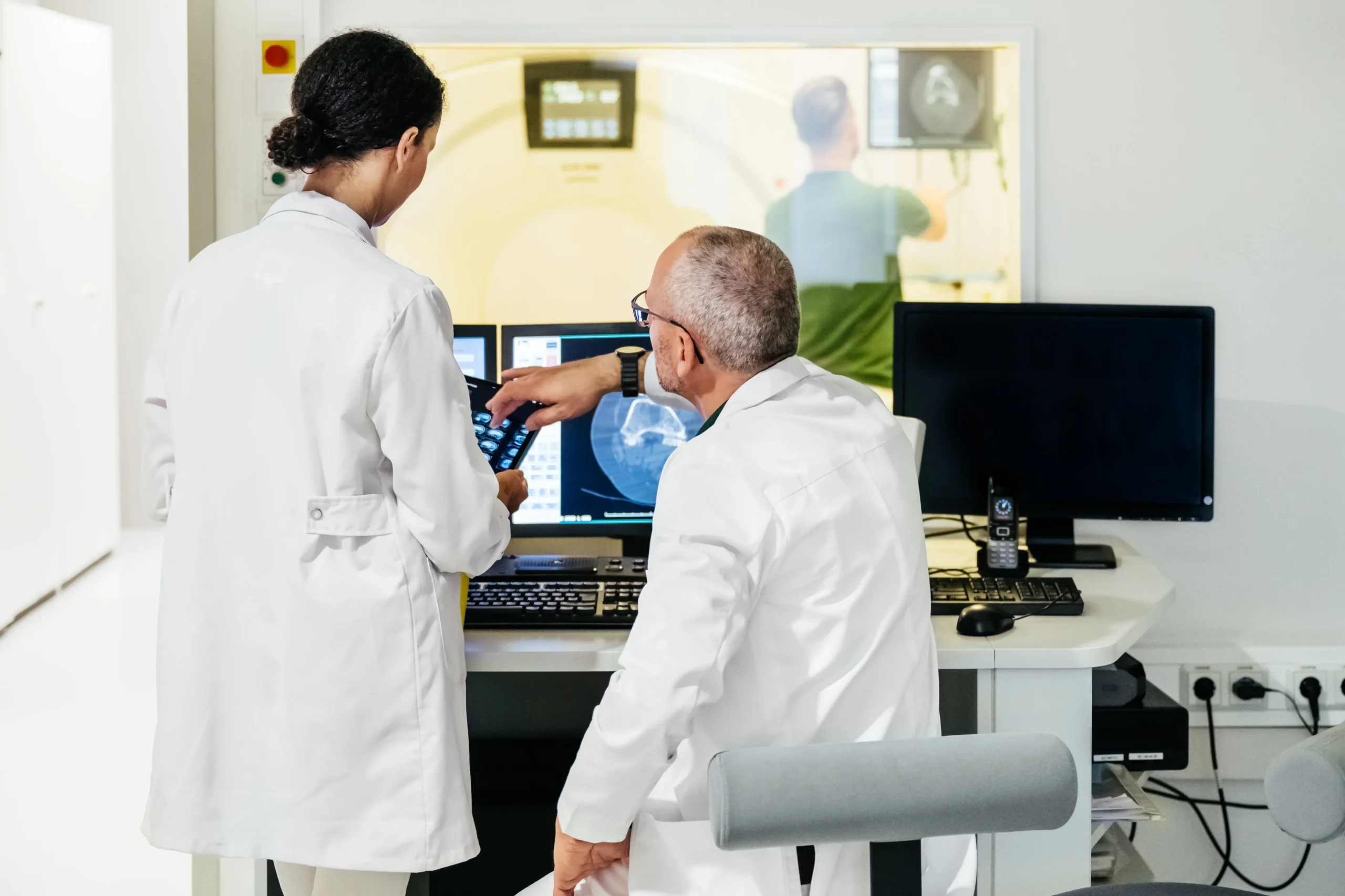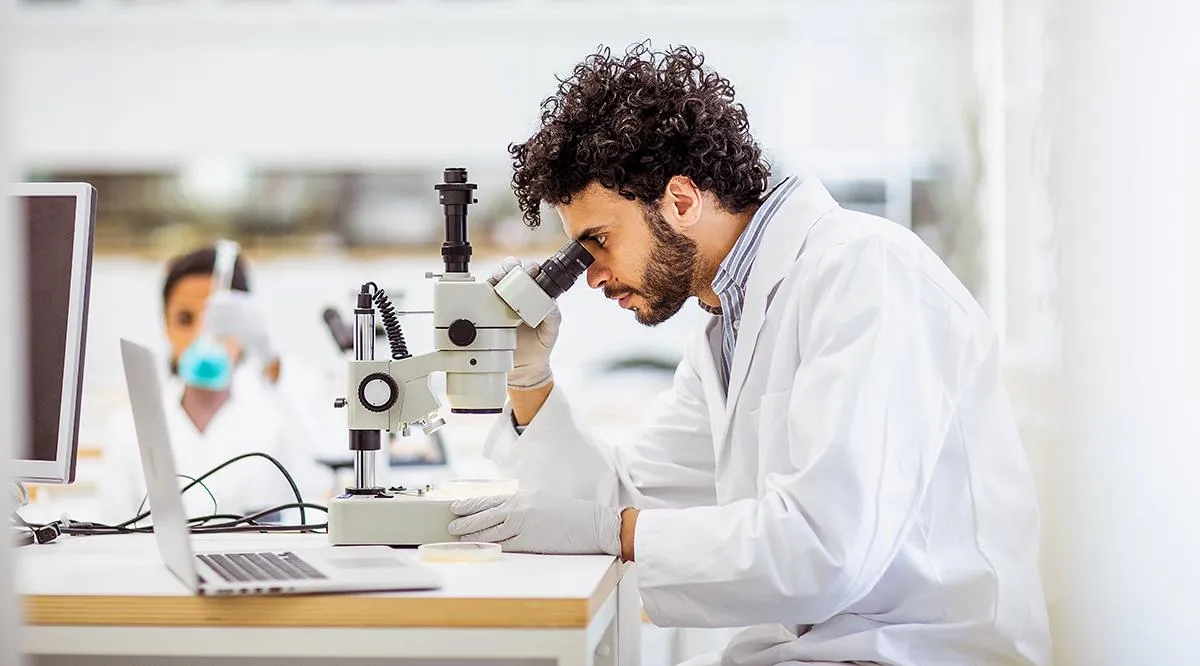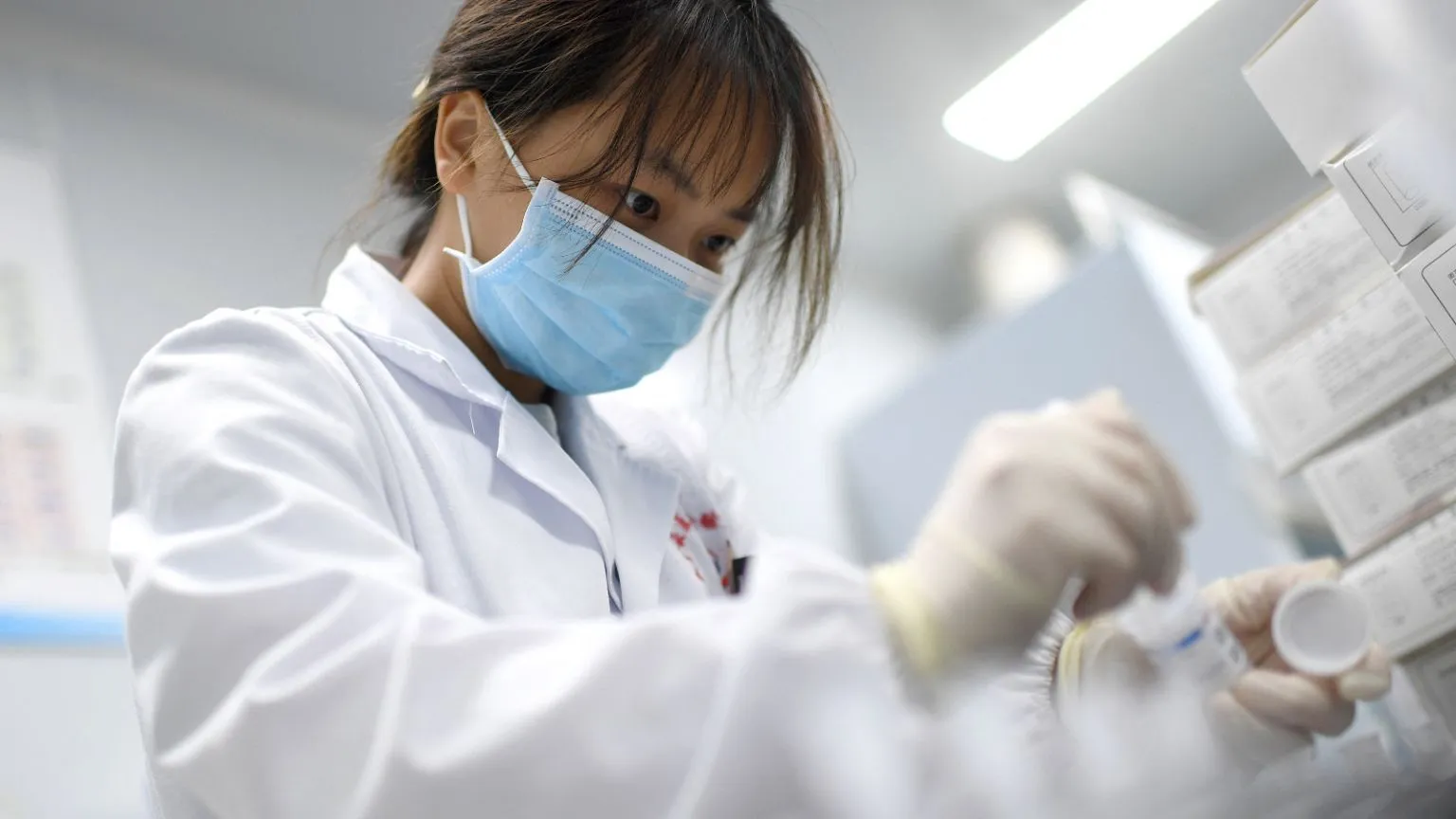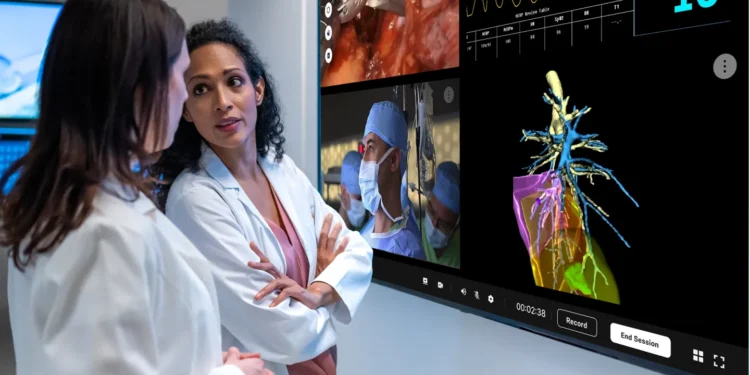Bill Gates made a bold prediction about the future of artificial intelligence (AI) in healthcare, claiming that AI will one day be as good as any doctor—and may even render human doctors unnecessary. While this might sound groundbreaking, the reality is far more nuanced. The truth is, AI isn’t here to replace doctors; it’s here to empower them, enhance their skills, and provide tools that make healthcare more effective and accessible.

At a time when AI is garnering both excitement and skepticism, it’s crucial to understand its role in medicine—not as a replacement for physicians, but as an upgrade to how healthcare is delivered. The future of healthcare isn’t about robots taking over; it’s about technology working hand-in-hand with clinicians to provide better, faster, and more informed care.
AI in Healthcare: Empowering Doctors to Make Better Decisions
AI’s potential to expand access to quality medical care is undeniable. In underserved areas, where access to healthcare can be limited, AI-powered tools can help bridge the gap. AI can assist in triaging symptoms, providing early warnings of potential health risks, and offering insights that might otherwise be missed. However, it’s important to remember that AI is not a stand-in for trained medical professionals—it’s a complement to their expertise.
“AI is here to support clinical care, not take it over,” says Jesse Ehrenfeld, MD, MPH, former president of the American Medical Association. By leveraging AI, healthcare professionals can make quicker decisions, reduce errors, and ultimately provide more accurate diagnoses. The human aspects of healthcare—empathy, judgment, and experience—are irreplaceable. AI can enhance these qualities, not replace them.
Real-World Impact: AI and Physicians Working Side by Side
AI isn’t just a theory for the future—it’s already making a tangible impact on patient care. In emergency rooms across the country, AI is helping physicians identify critical conditions like strokes and brain bleeds faster than ever before. At hospitals like Ochsner Health in Louisiana, AI scans are being used to detect potential life-threatening conditions the moment they appear, giving doctors the ability to act immediately.

For example, when AI identifies signs of a stroke, it alerts medical teams instantly. In situations where every minute counts, AI’s ability to speed up diagnosis could save lives. “Every 60 seconds of delay in stroke care can cost a patient nearly 2 million brain cells,” explains Ehrenfeld. AI cuts that delay significantly, ensuring that doctors can act faster and more decisively.
AI’s Role in Radiology: Reducing Errors and Improving Outcomes
In the field of radiology, AI is already reducing diagnostic errors that can occur under pressure. In high-stress emergency settings, the miss rate for certain conditions can be as high as 20 percent. AI’s ability to process vast amounts of imaging data helps to ensure that critical findings are never missed. AI can detect subtle fractures and lung nodules earlier, allowing physicians to make informed decisions and ensure proper follow-up.
The collaboration between AI and radiologists is helping to create a more efficient system, ensuring that nothing slips through the cracks. AI doesn’t replace the radiologist’s expertise; it amplifies it, making their work more accurate and impactful.
The Dangerous Narrative: Replacing Doctors with AI
Despite the incredible potential of AI, some still buy into the narrative that technology will eventually replace doctors. This viewpoint, popularized by figures like Bill Gates, is not only unrealistic but harmful to the progress of healthcare. By focusing on replacing physicians, we risk losing sight of the true value of AI in healthcare: as a tool to enhance the abilities of doctors, not eliminate them.

The Gates narrative, while well-meaning, distracts from the real challenges healthcare faces today. “The organizations that will lead this next phase of healthcare are not the ones chasing automation,” says Elad Walach, CEO and co-founder of Aidoc. “They are the ones building systems where AI and clinicians work together to deliver faster, more accurate, more connected care.”
Shifting the Conversation: AI as a Tool for Better Healthcare
Instead of speculating about a future where AI replaces doctors, we need to shift the conversation toward how AI can help clinicians improve care today. AI is not a disruptor but a tool that can be integrated into the current healthcare system to address its most pressing challenges, from burnout to misdiagnoses.
The goal isn’t to replace doctors but to support them. The most successful healthcare organizations will be those that embrace AI as a collaborative tool—one that empowers doctors to provide faster, more accurate, and more personalized care to their patients.
From Hype to Impact: The Role of AI in Medicine
As AI continues to evolve, its impact on healthcare will only grow. Rather than fearing the rise of AI, we should be embracing it as a partner in healthcare. The future of medicine will not be one where doctors are sidelined; it will be a future where they are empowered by AI to provide better, more informed care.
This shift—from replacement to partnership, from speculation to implementation—is essential for healthcare’s next chapter. AI will never replace the need for human insight, empathy, or clinical judgment. But by working together, AI and physicians can revolutionize healthcare, making it faster, smarter, and more human.
The future of medicine lies in the partnership between AI and physicians. Technology is a tool—one that will help doctors diagnose conditions faster, reduce errors, and improve patient outcomes. But at the heart of healthcare is the human touch: empathy, judgment, and experience. With AI enhancing, not replacing, these qualities, the future of medicine will be brighter, smarter, and deeply human.










